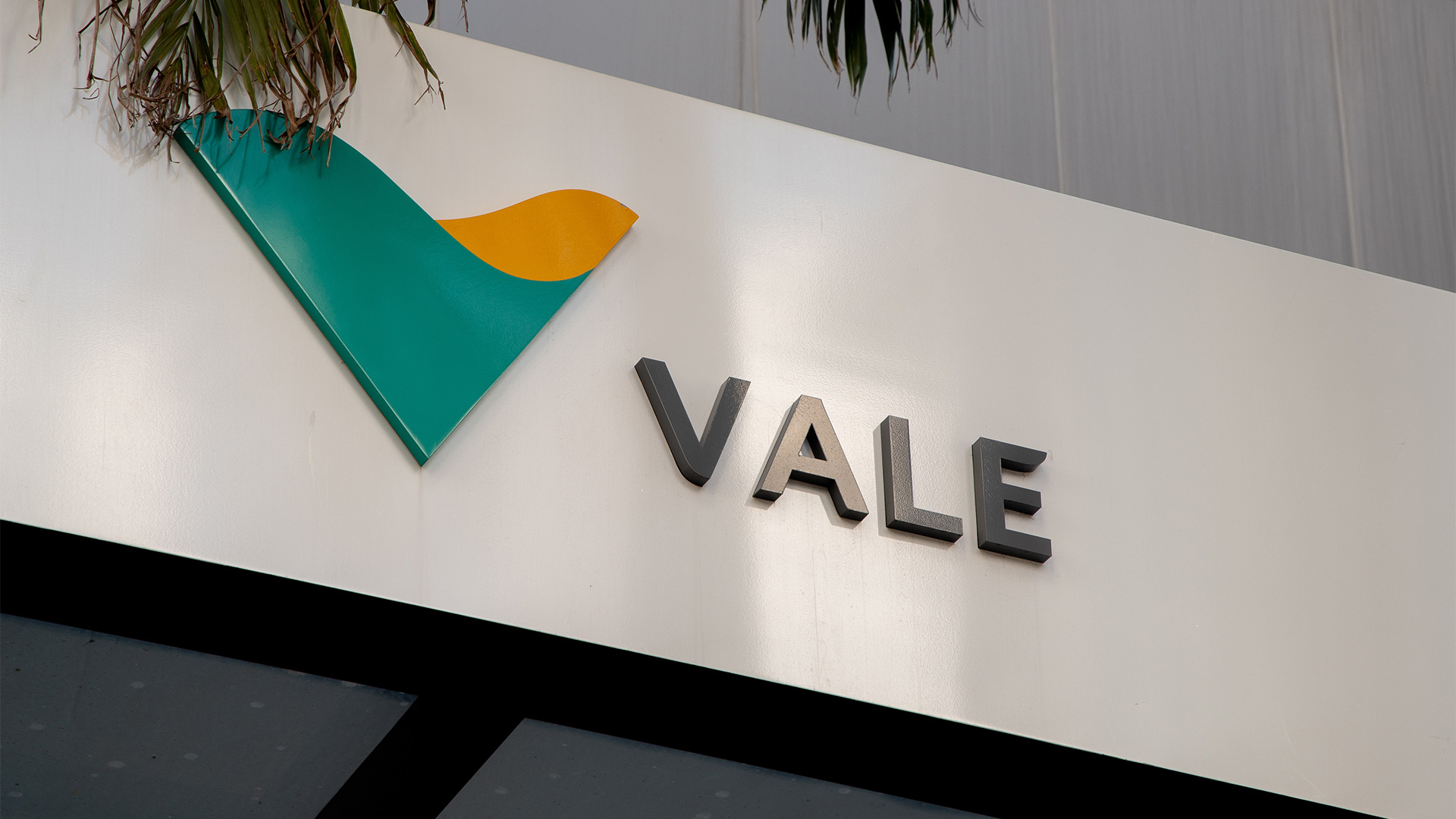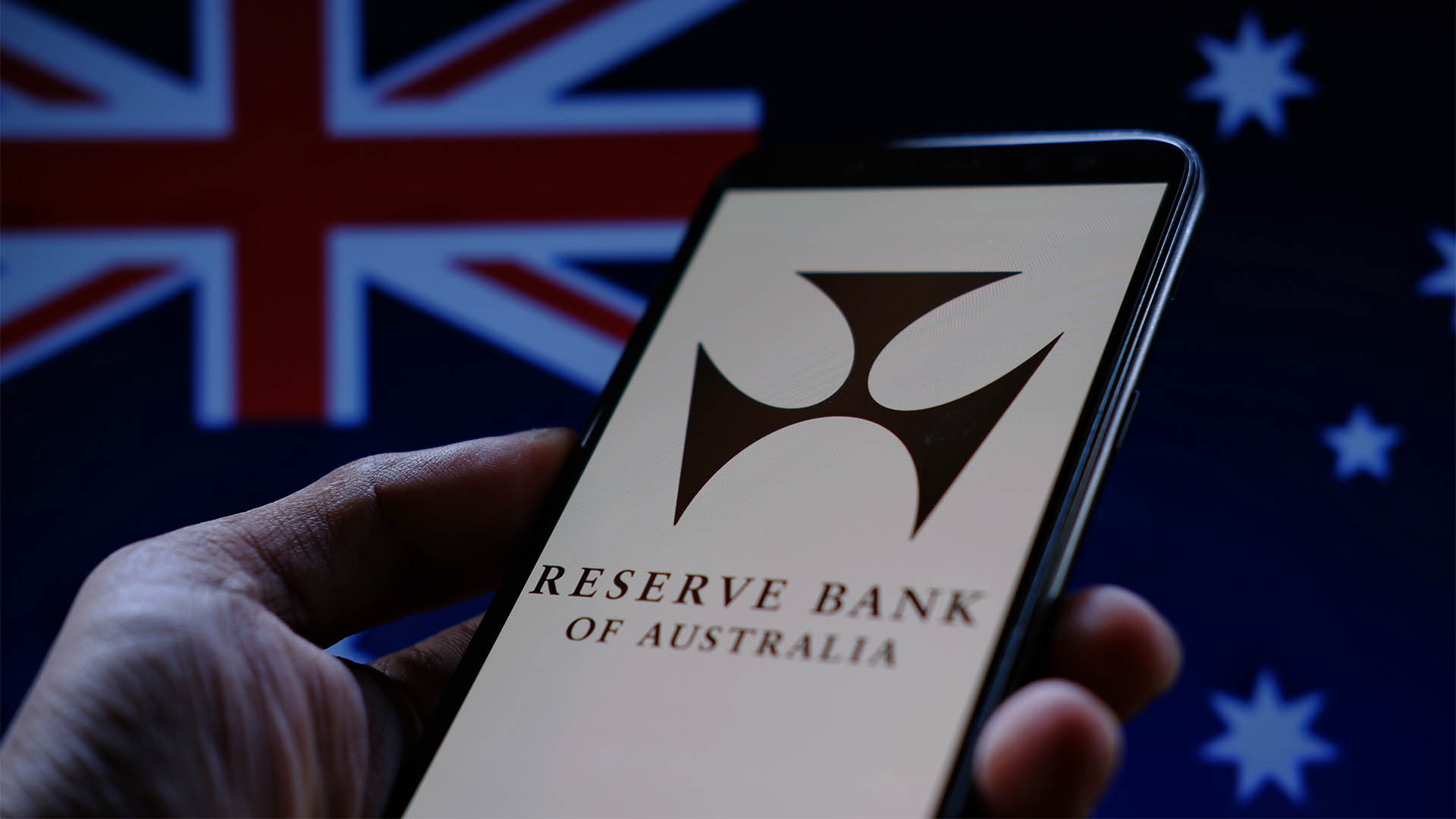The Reserve Bank won’t like reading that the National Australia Bank’s latest survey for July showed a strengthening in business conditions, reversing the recent softening trend.
And nor would the central bank – in its inflation taming mode – like to see business confidence recovering as well.
Why? Because it is easier to frighten businesses and consumers into cutting demand with the threat of higher interest rates than if they are less confident or feel conditions are weakening.
The NAB said the July survey showed business confidence surprisingly rose back above average and conditions strengthened as businesses reported new record levels of capacity utilisation, cost growth and price rises.
That, the NAB speculated suggested the economy was running up against growth limits which in turn suggests inflation might have a bit more to rise.
Confidence rose 5pts to +7 index points, back above the long-run average, and business conditions rose 6pts to +20 index points.
All three components of conditions rose, with trading conditions up 7pts to +27 index points, profitability up 3pts to +17 index points and employment up 6pts to also reach +17 index points
“After a steady decline over recent months, confidence rose to +7 index points – a marked rally in the face of headwinds from inflation and rising interest rates, as well as a deteriorating global economic outlook,” the NAB pointed out.
And the survey showed business conditions remaining well above average after rising 6pts in the month, “with trading conditions, profitability and employment all higher.”
The strength in conditions remained broad-based across states and industries, with a notable pickup in construction.
Capacity utilisation rose to a record 86.7% – well above the long-run average of 81.1%, which the NAB said suggests “the economy could be running up against capacity constraints.”
Cost indicators jumped higher again in July after hitting new records in June – another sign of the economy hitting its limits (And we know the jobs market remains very strong as well with record vacancies).
In quarterly terms, purchase costs grew 5.4% (previously 4.8%), and labour costs grew 4.6% (previously 3.1%), with the latter likely reflecting a combination of new hiring, increased hours, bonus payments and underlying wage increases, including the minimum wage decision taking effect, according to the NAB survey.
“Importantly, the strength in demand continues to allow firms to pass higher costs onto their customers, with overall product prices growing 2.7% and retail prices growing 3.3% – both at new highs,” the NAB said
As a result the NAB says its survey “suggests that despite global and domestic economic headwinds, demand has remained strong – and inflationary pressure continues to build suggesting that inflation is yet to peak.
“Businesses are continuing to report that conditions are really strong,” according to NAB Group Chief Economist Alan Oster.
“While some of the real time data we look at is showing signs of softening, there are no signs of that in the survey with demand at a really high level. Importantly, the strength is showing up across the board in terms of industries and across the country.”
“Confidence bounced back in July, which was something of a surprise,” said Mr Oster. “Inflation and rising interest rates are clouding the outlook, and there are growing concerns about the global economy, but businesses seem to have a fairly positive outlook at the moment. Forward orders are also fairly strong at +10 index points which also supports the outlook.”
“Cost indicators surpassed the record levels set in June. In quarterly terms, purchase costs grew 5.4% in July (previously 4.8%), and labour costs grew 4.6% (previously 3.1). Product prices grew 2.7% and retail prices grew 3.3% – both also new records in the history of the survey.
“After a record quarter of inflation in Q2, the survey suggests cost and price growth have escalated further in July,” said Mr Oster. “For now, it appears firms are still finding that they can pass on higher costs to their customers, but it remains to be seen how long that can last before demand starts to deteriorate.”













